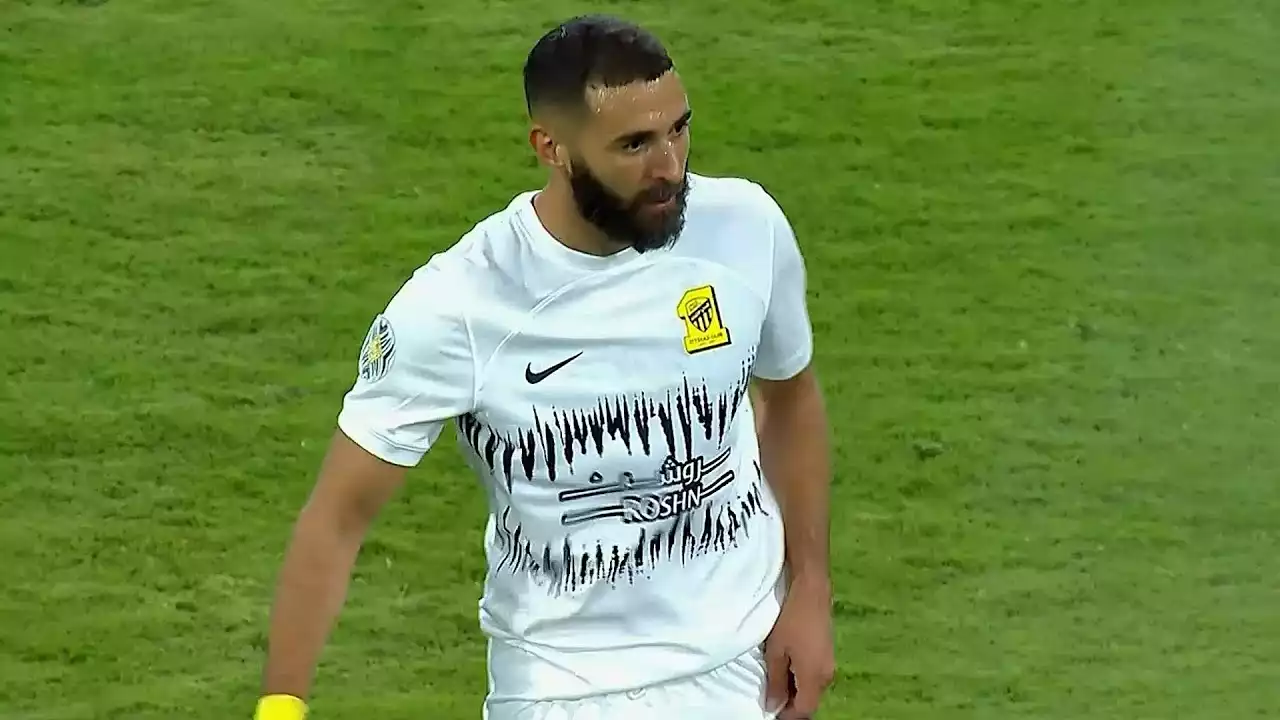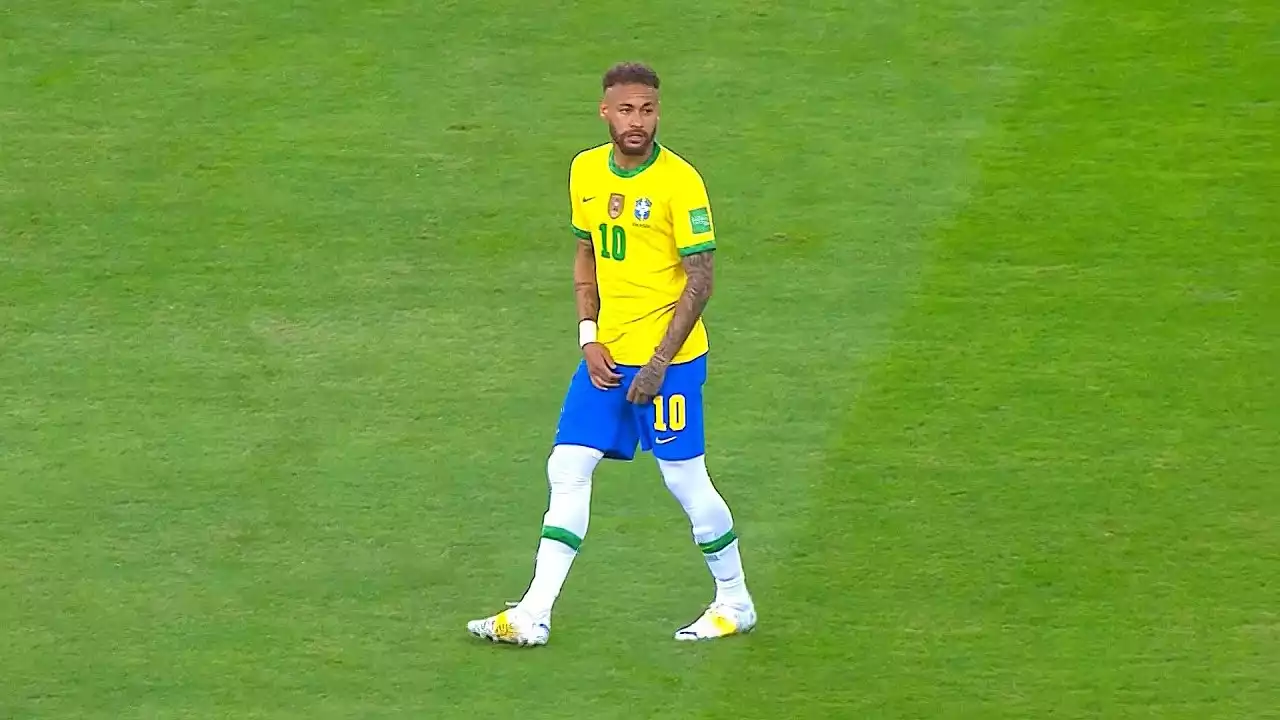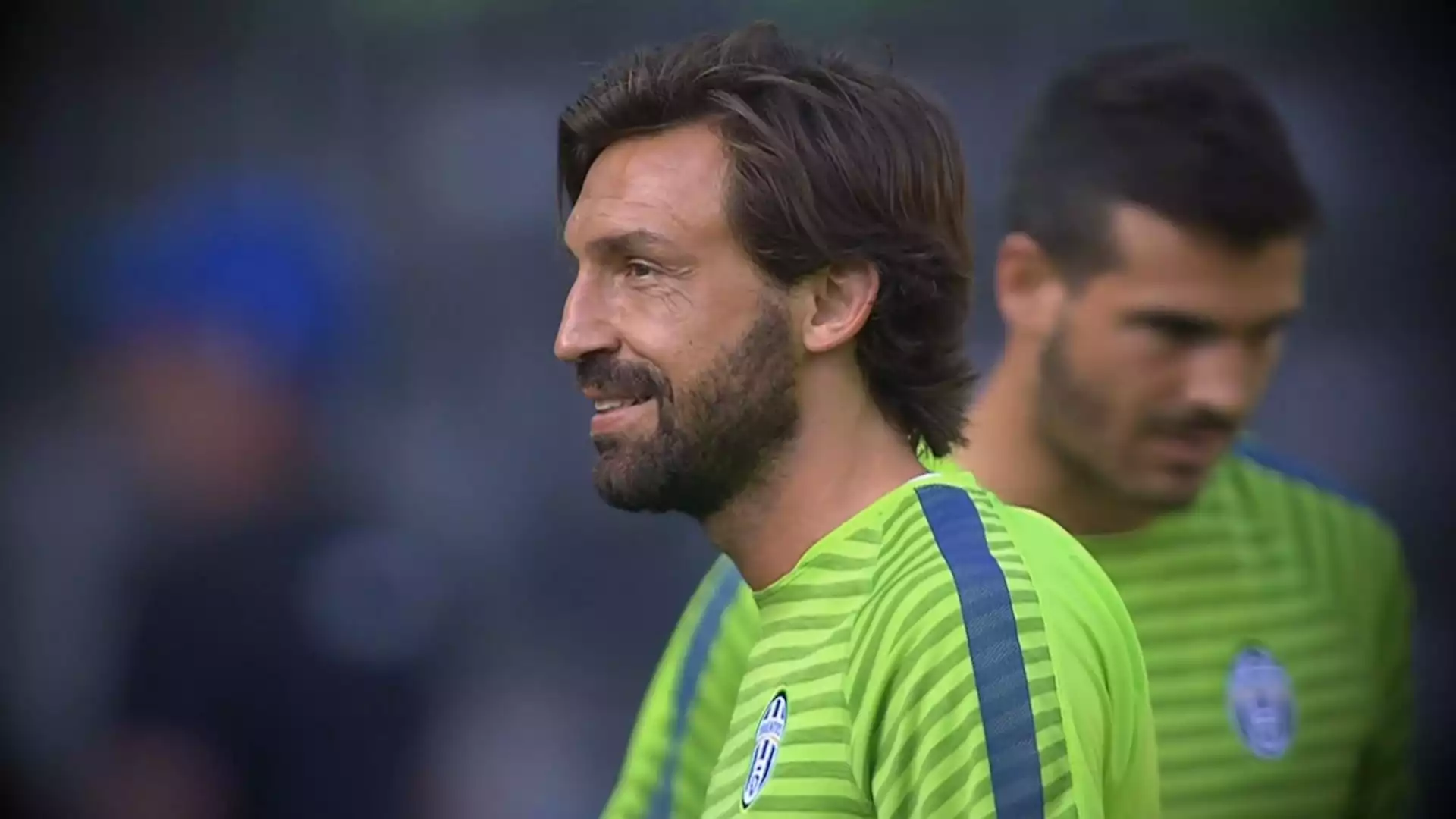The selection process for Olympic football teams
Representing your country at the Olympic Games is a dream come true for any football player. However, the selection process for Olympic football teams can be a complex and challenging task for national team coaches.
National teams must adhere to strict age restrictions, with the majority of players being under the age of 23, with a few exceptions. This rule aims to promote youth development and provide a platform for emerging talents to shine. Coaches often face the dilemma of choosing between experienced senior players and promising young prospects, leading to difficult decisions and potential exclusions.
Furthermore, conflicting club commitments and injuries can further complicate the selection process. Clubs are not obligated to release their players for the Olympic Games, and in some cases, players may be deemed too valuable for their club's season objectives, resulting in their exclusion from the national team.
David Beckham (Great Britain): The surprising exclusion and the impact on the team
David Beckham, the iconic English footballer, was shockingly excluded from the Great Britain Olympic football team in 2012. Despite his vast experience and legendary status, Beckham was left out of the squad, causing a wave of surprise and disappointment among football fans.
Beckham's exclusion had a significant impact on the team's dynamics and public perception. As one of the most recognizable athletes in the world, his presence would have undoubtedly boosted the team's marketability and global appeal. Additionally, Beckham's leadership qualities and experience could have been invaluable in guiding the team towards success.
The decision to exclude Beckham was met with mixed reactions. Some argued that his age and lack of recent international appearances justified the omission, while others believed his exclusion was a missed opportunity to showcase his talents one last time on the international stage.
Karim Benzema (France): The unexpected snub and the controversy surrounding it
Karim Benzema, the prolific French striker, experienced an unexpected snub when he was left out of the French Olympic football team for the 2021 Tokyo Games. This exclusion came as a surprise to many, considering Benzema's outstanding performances for his club and his return to the French national team after a long absence.
The decision to exclude Benzema was not without controversy. Some speculated that it was a result of personal conflicts between Benzema and the French Football Federation, while others believed it was a tactical move to prioritize the senior national team's success in other competitions.
The exclusion of such a talented player like Benzema raised questions about the transparency and fairness of the selection process. Football fans and experts debated whether personal vendettas or political factors should influence the decision-making process for national team selections.
Mauro Icardi (Argentina): The shock of being left out and the reactions from fans and experts
Mauro Icardi, the Argentine striker known for his goal-scoring prowess, experienced the shock of being left out of the Argentine Olympic football team in 2016. Despite his impressive performances for Inter Milan at the time, Icardi was not included in the squad, leading to widespread speculation and disappointment.
Fans and experts expressed their surprise at Icardi's exclusion, considering his goal-scoring ability and potential impact on the team's success. The decision sparked debates about the selection criteria and the preference given to other players over Icardi.
The omission had a profound effect on Icardi's career trajectory and national team aspirations. It raised doubts about his standing within the Argentine football hierarchy and fueled discussions about his future international involvement.
Reasons for the snubs: Exploring possible explanations for the exclusions
The surprising exclusions of David Beckham, Karim Benzema, and Mauro Icardi from their respective national teams raised questions about the reasons behind these snubs.
In the case of Beckham, his age and lack of recent international appearances may have contributed to his exclusion. Coaches often prioritize younger players who have the potential to represent the national team in future tournaments. Additionally, Beckham's commitment to his club and potential conflicts with their season objectives may have influenced the decision.
For Benzema, personal conflicts with the French Football Federation and tactical considerations could have played a role in his exclusion. The decision to prioritize the senior national team's success may have led to the omission of Benzema from the Olympic squad.
As for Icardi, the selection process for the Argentine Olympic team may have considered various factors such as team dynamics, playing style, and competition within the striker position. Despite his impressive club performances, the coaching staff may have opted for other players who better fit the team's strategy and objectives.
The debate around Olympic snubs in football: Should these players have been included?
The exclusions of Beckham, Benzema, and Icardi sparked a broader debate about whether these players should have been included in their respective Olympic teams.
Fans and experts argued that the experience and leadership qualities of players like Beckham can be invaluable in guiding younger talents and contributing to the team's success. They believed that Beckham's exclusion was a missed opportunity to showcase his skills on the international stage one last time.
Regarding Benzema, opinions were divided. Some argued that personal conflicts should not influence national team selections and that his exclusion was a result of unfair treatment. Others believed that prioritizing the senior national team's success was a justifiable reason for his omission.
In the case of Icardi, the debate focused on the selection criteria and the preference given to other players. Fans and experts questioned whether his goal-scoring ability should have outweighed other considerations such as team dynamics and playing style.
Previous instances of Olympic snubs in football: Examining historical cases
The exclusions of Beckham, Benzema, and Icardi from their respective Olympic teams are not isolated incidents. Throughout the history of Olympic football, there have been several instances of surprising snubs.
In 2008, Ronaldinho, the Brazilian football legend, was left out of the Brazilian Olympic team. Despite his remarkable skill and international success, the coaching staff decided to exclude him, citing concerns over his fitness and commitment.
Similarly, in 2016, Neymar, the Brazilian superstar, was not included in the senior national team for the Copa America Centenario. This decision allowed him to participate in the Olympic Games, where he played a crucial role in leading Brazil to their first Olympic gold medal in football.
These historical cases highlight the complexities and challenges faced by national team coaches when making selection decisions. It emphasizes the subjective nature of these choices and the various factors that come into play.
The aftermath: How these snubs may affect the players' careers and their national teams
The exclusions of Beckham, Benzema, and Icardi from their respective Olympic teams undoubtedly had an impact on their careers and their national teams' aspirations.
For Beckham, his exclusion from the Great Britain Olympic team did not significantly affect his already illustrious career. However, it denied him the chance to compete on the international stage one last time and left fans wondering what could have been.
Benzema's exclusion from the French Olympic team raised questions about his future involvement with the national team. It also fueled debates about the fairness of the selection process and the influence of personal conflicts on national team decisions.
As for Icardi, his omission from the Argentine Olympic team may have hindered his standing within the national team setup. It highlighted the competition for places within the squad and raised doubts about his long-term international prospects.
The surprising exclusions of David Beckham, Karim Benzema, and Mauro Icardi from their respective national teams at the Olympic Games brought disappointment and speculation. These snubs shed light on the complexities of the selection process and the subjective nature of decision-making. They also fueled debates about the role of personal conflicts, age restrictions, and tactical considerations in national team selections. Ultimately, these snubs had varying impacts on the players' careers and their national teams' aspirations for gold.










